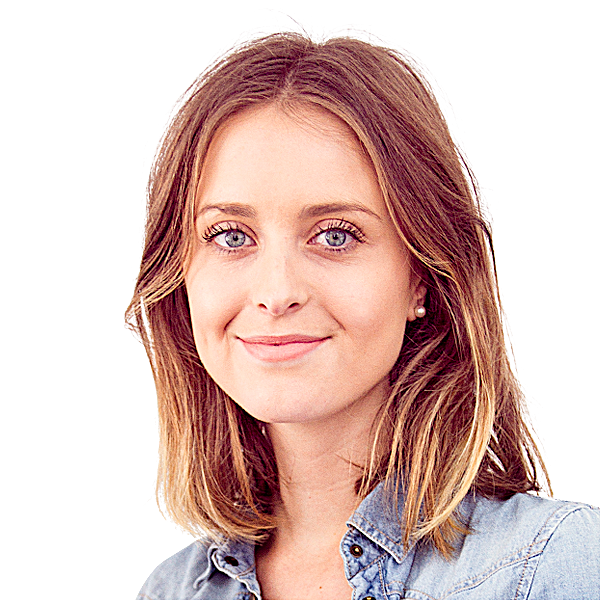Tully: The little movie causing a big stir


Mackenzie Davis (left) and Charlize Theron (right) make a captivating on-screen pair. Photo: StudioCanal
It has angered mothers’ groups, divided psychiatrists, captivated critics and as for audiences, well … that’s yet to be seen.
New film Tully hit Australian cinemas on May 10 after inciting controversy in the United States over its depiction of exhausted mother-of-three Marlo (Charlize Theron) whose life is changed when she hires night nanny Tully (Mackenzie Davis).
But there’s a twist in this film – don’t worry, we won’t spoil it for you – that has major implications for Marlo’s wellbeing, and it’s this twist many have taken issue with.
Watch our video review of Tully
Motherhood blog Motherly published an article warning parents against seeing the film written by Diablo Cody, who also wrote the 2007 hit pregnancy film, Juno.
“The reason that people are so excited about Tully is because they feel like it is the first time that true motherhood is being portrayed on the big screen – but this is not true motherhood,” the site’s digital education editor, midwife, and paediatric nurse, Diana Spalding, wrote.
“Motherhood is hard, yes, but it is not this.”
Lisa Tremayne, director of the Centre for Perinatal Mood and Anxiety Disorders in New Jersey, told HuffPost Canada the film “makes my blood boil”.
“This is such a missed opportunity to help stop the stigma. Sadly, so many women are already planning a moms’ night out to see this movie. We must issue a warning,” Ms Tremayne said.
But psychiatrists who’ve seen the film had taken a different approach, lauding it for its ability to spark important conversations.
“Clearly, it is also making us think – which is always a good thing,” Monica Starkman, an associate professor of psychiatry at the University of Michigan medical school’s Department of Psychiatry, wrote in Psychology Today.
Dr Lauren Osborne, assistant professor of psychiatry and behavioral sciences and of gynecology and obstetrics at the Johns Hopkins University School of Medicine, told Vox the film was a victory – of sorts.
“Given how few depictions of postpartum mental illness exist, the benefits of Tully outweigh the negatives,” Dr Osbourne said.

Tully showcases motherhood – warts and all. Photo: StudioCanal
For her part, Cody has said she didn’t consult with mental health professionals while writing the script because she wanted to present only one specific viewpoint.
“The movie is actually about [Marlo’s] lack of treatment,” Cody told The New York Times.
“Sometimes what you’re desperate is for someone to say: ‘Hey, I actually see what’s going on here. This is serious, we need to deal with it and there’s a name for it.’ And Marlo doesn’t get that comfort in this film. Because the film is meant to be uncomfortable.”
But regardless of the film’s political correctness or lack thereof, it’s impressing critics – The New Daily included.
“Sharply observed but tenderly realised, Tully … represents Cody’s finest work since Juno, and reminds us why Theron deserved that 2004 Oscar,” Empire‘s Dan Jolin wrote.
“As a portrayal of postpartum depression, Tully is a success – simplistic at times, but an admirable gut-punch nonetheless,” David Sims from The Atlantic said.
The delivery of its message might be dicey, but there’s little doubt Tully is a unique, thought-provoking film that showcases Charlize Theron at her chameleon best.








